
A farmer harvests wheat in Pingyi county, Linyi city, East China's Shandong province, June 8, 2021. (Photo/Xinhua)
A special policy study of a high-level international think tank for the Chinese government has called for a comprehensive agri-food system transformation strategy to facilitate the global endeavors of low-carbon transition and ensuring food security.
The overall trend in food consumption over the past three decades in China has been a reduction in the consumption of basic grain staples and an increase in the consumption of animal-based food, mainly meat and dairy, according to the study titled Sustainable Agri-food Systems: Meeting China's Food and Climate Security Goal.
Despite increases in recent years, meat consumption in China is still far less than in developed economies on a per capita basis.
Data from the Organization for Economic Cooperation and Development shows that Chinese per capita meat consumption was 44.4 kilograms in 2020.
For the United States and Australia, however, the consumption reached 101.6 kg and 87.5 kg, respectively.
The study was made public on Wednesday during the ongoing annual general meeting of the China Council for International Cooperation on Environment and Development, an event that also marked the council's 30th anniversary.
The consumption of more meat and less grain is an internationally recognized issue that some researchers have previously claimed to be closely linked with global warming and carbon emissions.
The trend not only results in health hazards but also triggers increases in carbon emissions in the agricultural sector which becomes a major carbon emitter.
In China, for instance, the agri-food system now contributes roughly 1.09 billion metric tons of carbon dioxide equivalent annually, which is about 8 percent of the country's total emissions, according to Fan Shenggen, a leading author of the study.
About 34 percent of the emissions from the system are from ruminant livestock, which produce methane as a byproduct of digestion, he noted.
Methane is much more effective as a greenhouse gas than carbon dioxide at trapping heat in the atmosphere.
Although the per capita carbon emissions from agriculture in China is low compared with many other countries, it's still necessary for the country to consider transforming its agri-food system to reduce greenhouse gas emissions, said Fan, who is also dean of the Academy of Global Food Economics and Policy and chair professor at China Agricultural University.
Most analyses on the impact of diet on health and the environment conclude that reducing the amount of meat consumption is the single-most efficient way to curb the rapid growth rate of cardiovascular disease and methane emissions, according to the study.
Reduction of overall meat consumption should be part of a multifaceted initiative to sensitize residents to the risks and impacts of meat consumption while actively seeking for and developing alternative sources of protein, including plant-based and synthetic meat, it said.
Such efforts are today being developed largely by private enterprises facing a significant learning curve.
"If the government can support these private enterprises, they have the potential to develop a new industrial sector that China could lead the world in," he said.
The study also recommends the Chinese government introduce a program to ensure the food it imports is low-carbon.



















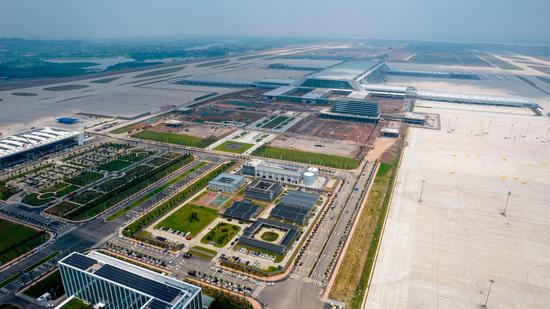




















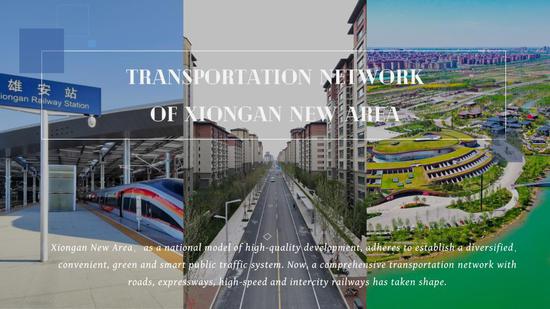
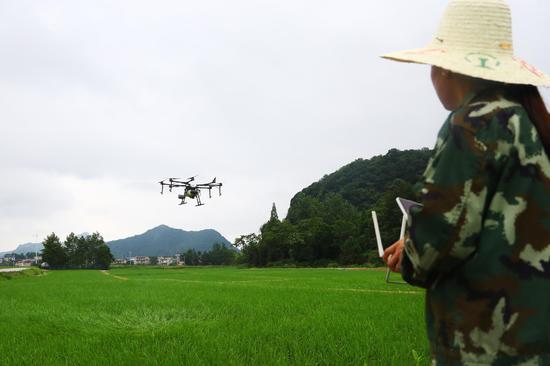
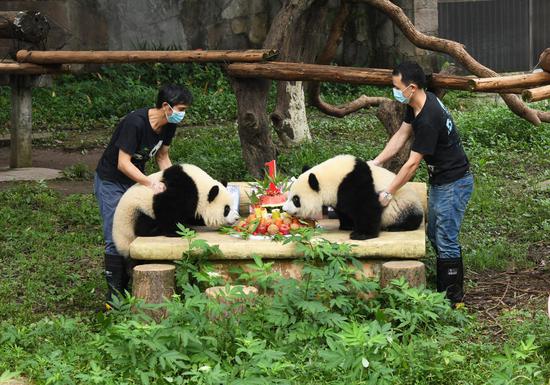
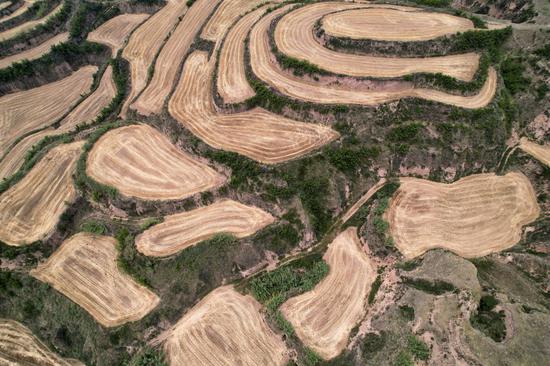






 京公网安备 11010202009201号
京公网安备 11010202009201号